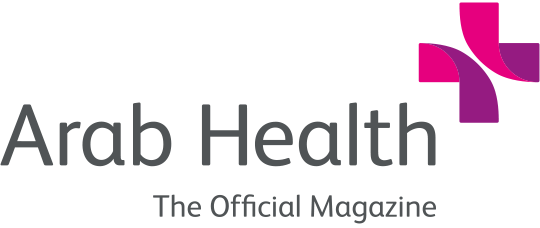Evolving Role of the Medical Equipment Planner
By Francesco Angeloni, Ph.D., Medical Equipment Planning Manager
Successful healthcare project planning is a dynamic process involving an entire team, typically comprising clinicians, architects, engineers and project managers, who are tasked with balancing the needs of patient care, and the realities of the design and construction process. However, there is a professional figure who plays a major role today in the creation of a cutting-edge hospital providing high patient satisfaction: the Medical Equipment Planner.
Usually a biomedical equipment planner performs a wide range of tasks, including evaluation of different medical equipment, making recommendations on their installation and use. They are responsible for the definition of room layouts and for the validation of structural layouts and requirements of the hospital. They develop, coordinate and manage the hospital equipment list. Moreover, this professional is asked to coordinate projects with other planners and engineers, architects and administrative personnel. The role of the biomedical planner is further going to undergo major changes stemming from Artificial Intelligence (AI) and Machine Learning (ML).
While China’s first smart hospital featuring AI recently opened in Guangzhou, in the U.S. a study demonstrated that the AI health market is poised to reach $6.6 billion by 2021 and by 2026 can potentially save the U.S. healthcare economy $150 billion annually. ML healthcare applications seem to top the list for funding and press in the last three years. Many of the ML start-ups are targeting healthcare, scuh as Nervanasys, Ayasdi, and Digital Reasoning Systems.
In this context, the medical equipment planner must not only acquire knowledge about AI and ML but must understand their fields of application. They must also acquire all the technical notions to implement new technology in new projects, defining its requirements, as well as the infrastructure, the needed hardware and the management systems.
As a result, the biomedical equipment planner needs to evolve beyond the current tasks to acquire the “flexibility” and the “elasticity”, which allow him to “metabolise”, manage and implement new technologies. The biomedical equipment planner must be able to understand how AI and ML impact the current medical devices in the future and how these technologies can modify layouts, assets and operational workflows of a hospital.
A medical institution will get the greatest value from a medical equipment planner who is able to integrate the medical equipment with the infrastructure technology, including the exchange of information between disparate systems such as audio-visual, security, and information technology infrastructure and information technology systems where AI and ML are implemented. This integration, known as ME-IT, can bring the client a seamless integration of services that will result in a cost-effective design.
The biomedical equipment planner must bring this holistic approach to medical planning. This can be achieved by a professional figure with a solid clinical experience combined with a strong technical knowledge of medical devices, medical planning and ICT Systems. This unique combination of clinical knowledge and practical and technical know-how will allow the biomedical equipment planner to address the development of medical facilities with a comprehensive, holistic view.
The biomedical equipment planner will bring together the expertise of biomedical engineering, a clinician as well as an ICT system, AI, and ML.
If on the one hand more energy and effort must be spent on acquiring new skills, on the other hand we cannot fail to see the new opportunities that the advent of these new technologies can bring not only to the entire healthcare ecosystems, but also to the figure of the biomedical equipment planner.
In fact, whenever there are big technological revolutions, there are always great opportunities for professional growth. Although many applications of AI and ML in the healthcare sector are already known, there are still wide margins of growth and entire “unexplored” areas of patient care chain, where these technologies can be applied.
A biomedical equipment planner with a wide range of skills and knowledge is a professional who can produce innovative solutions.
Researchers at Harvard spent half a decade studying the world’s greatest innovators. They found that innovators “associate” ideas and knowledge from different fields and apply them to the product or service they’re working on.
Therefore, in the next few years the biomedical equipment planner will be called on to integrate AI and ML with biomedical engineering, thus becoming a pioneer in a strongly growing sector. For more info visit www.biomedicalequipmentplanner.com.


